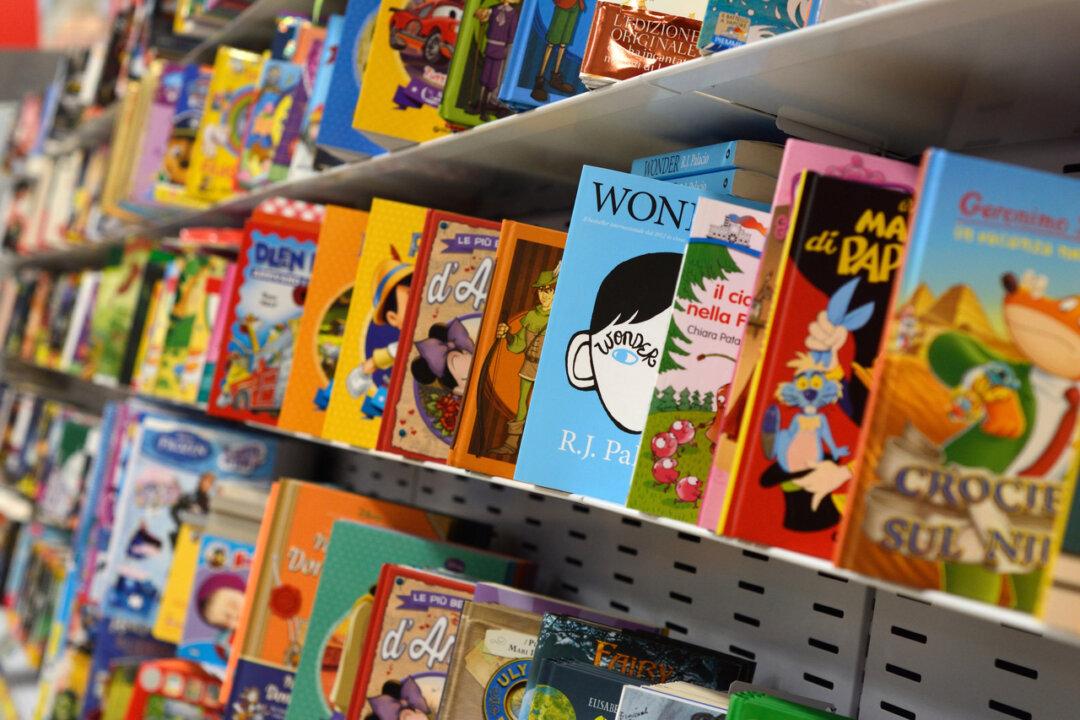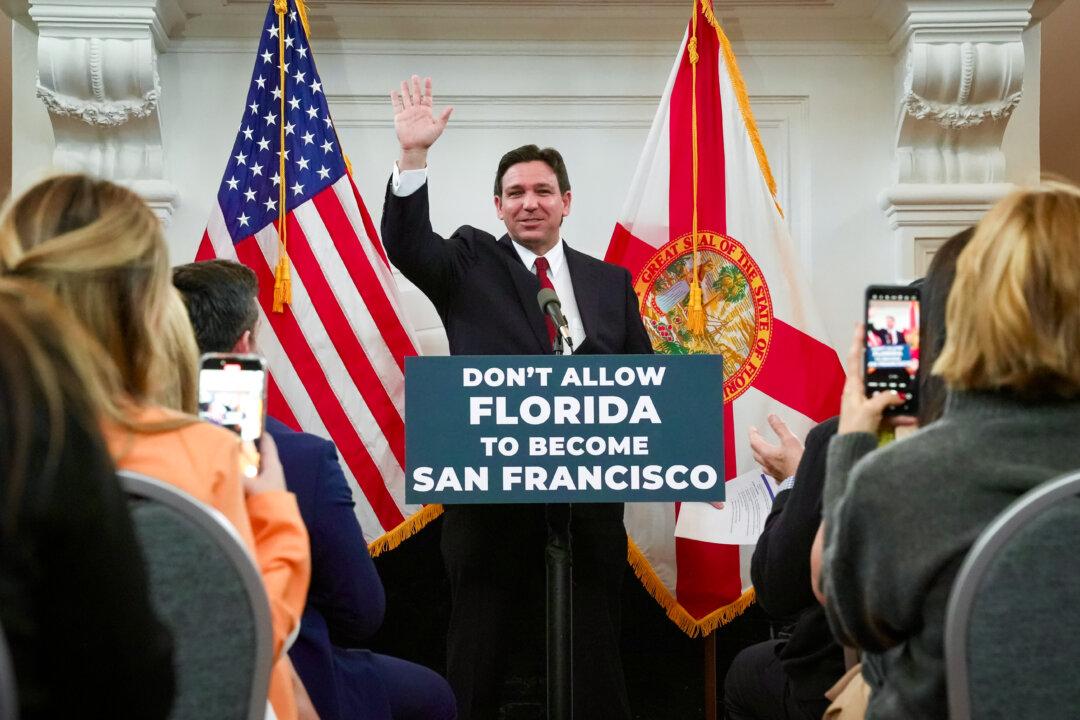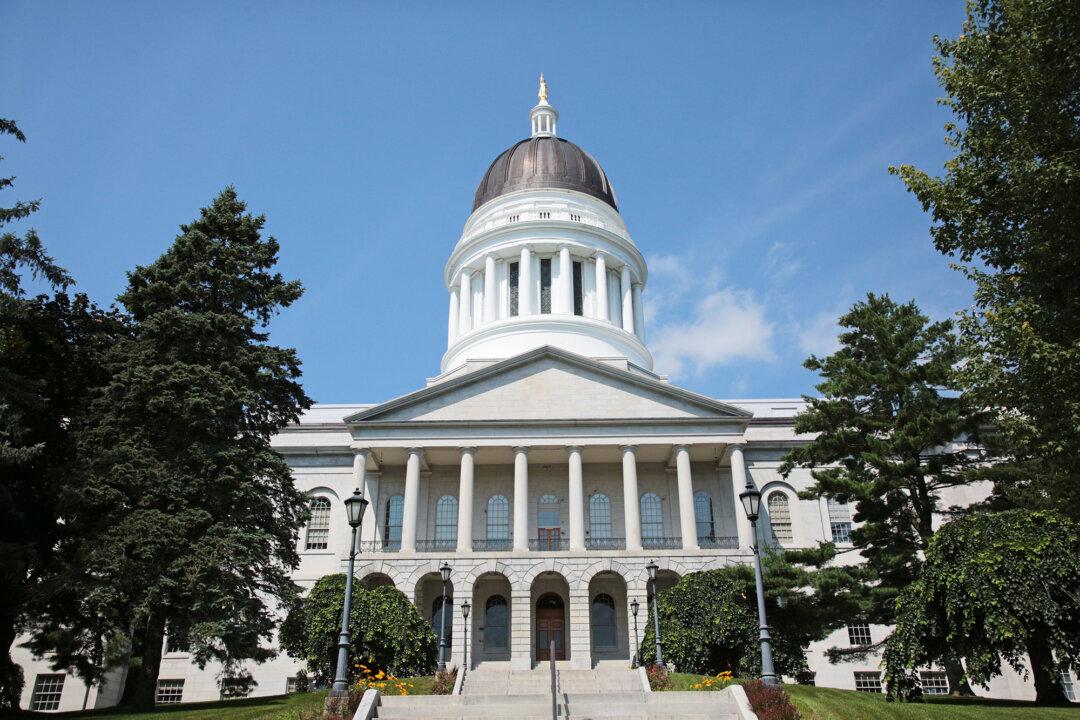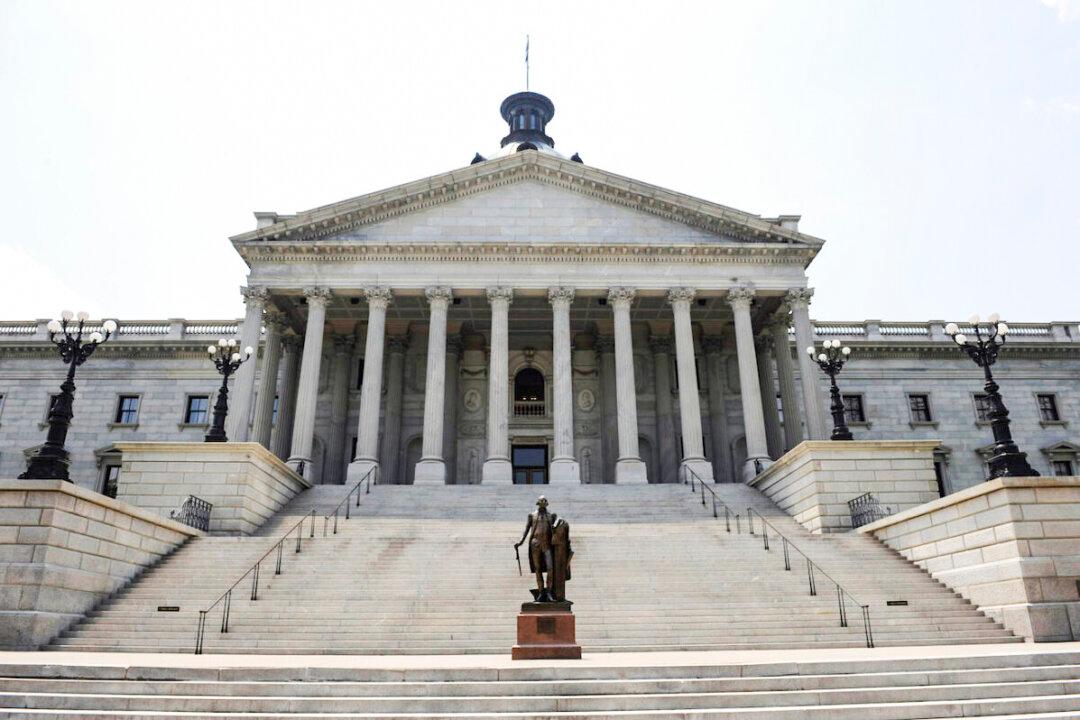Librarians should “sneak” pro-LGBT messages into conservative communities, according to a post on the American Library Association’s (ALA) website.
“Do you work for a library in a small, rural, conservative community? Are you a frontline staff member there, with no managerial or administrative authority? Do you wish you could do more to make your library more inclusive to the LGBTQIA+ community, but meet with resistance?” the post about LGBT book month reads. “I hope it’s not just me!”




